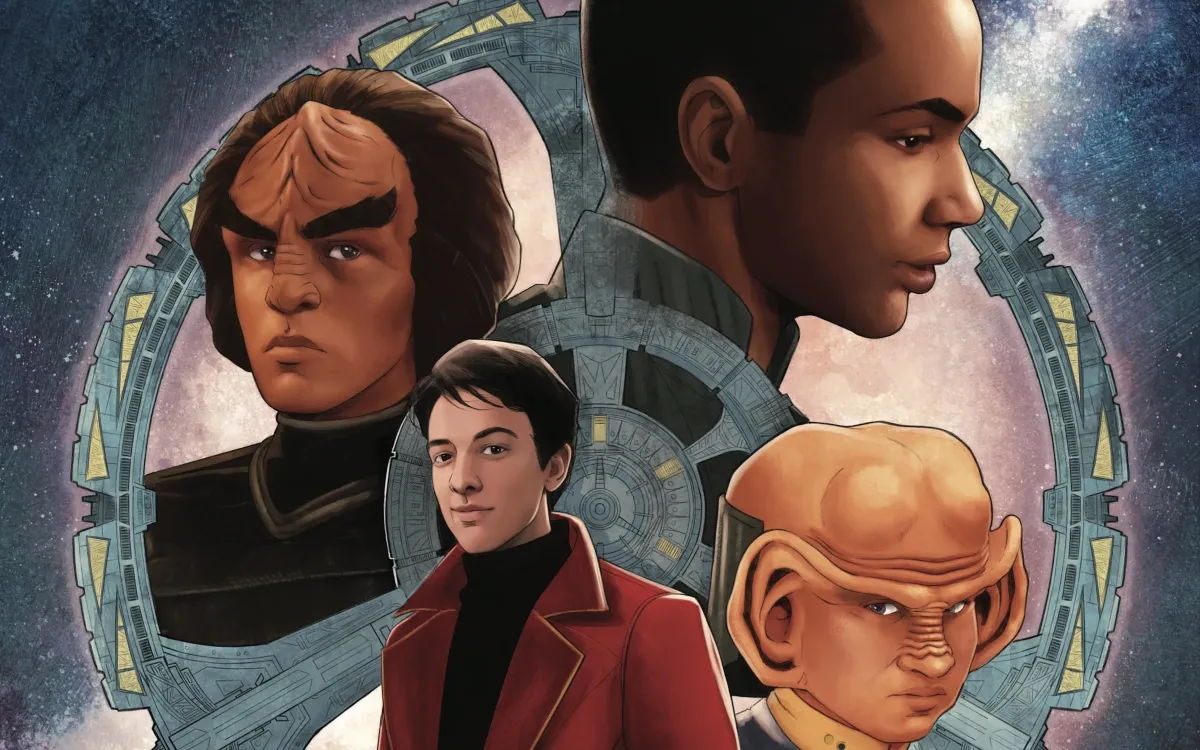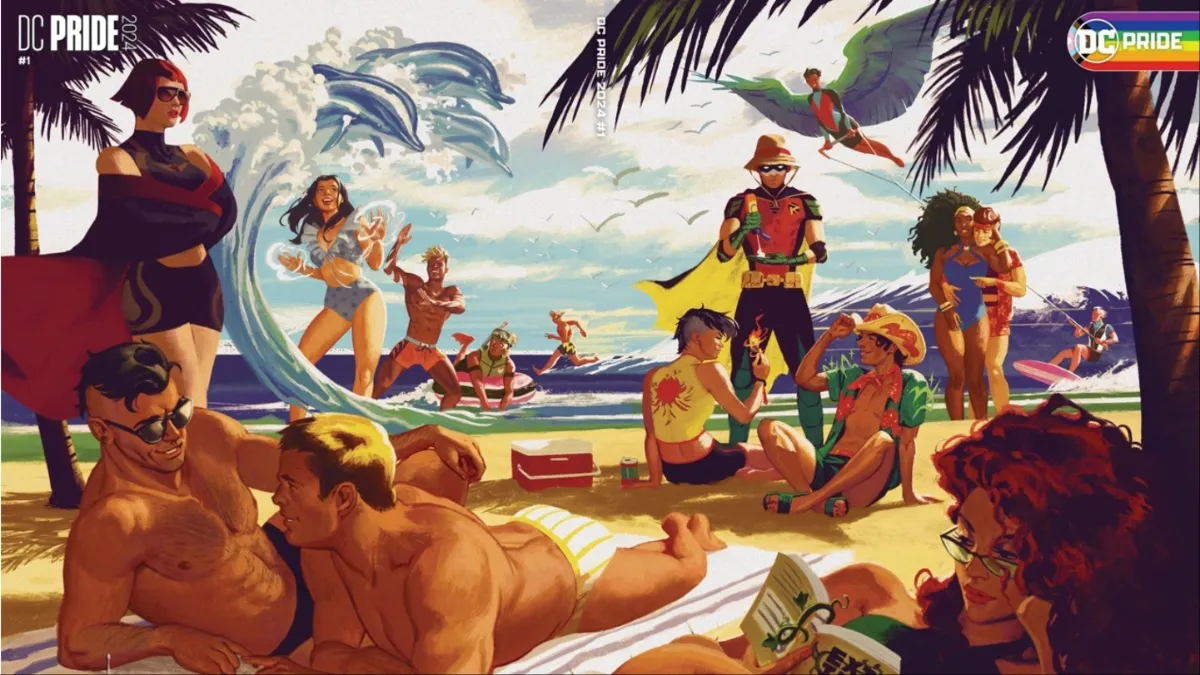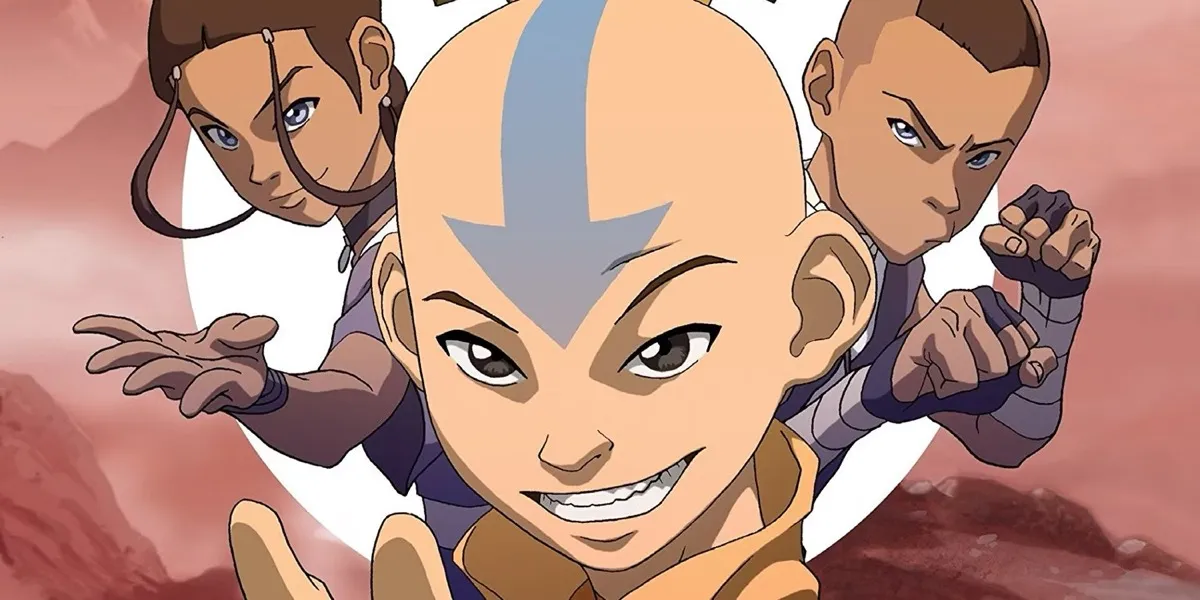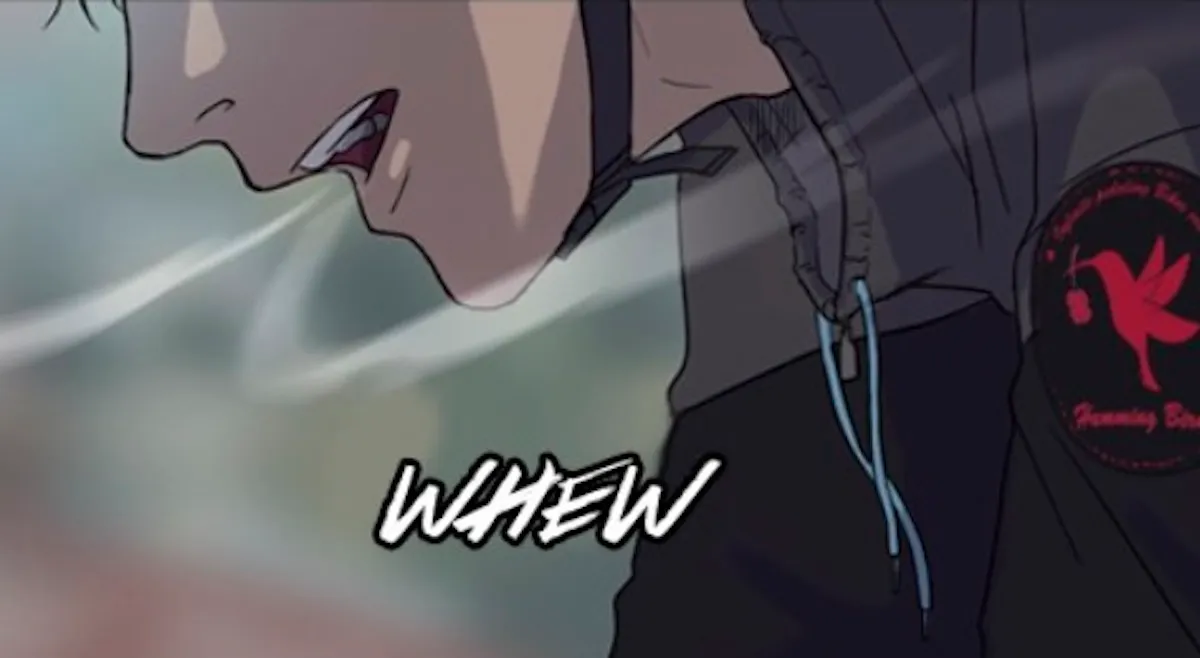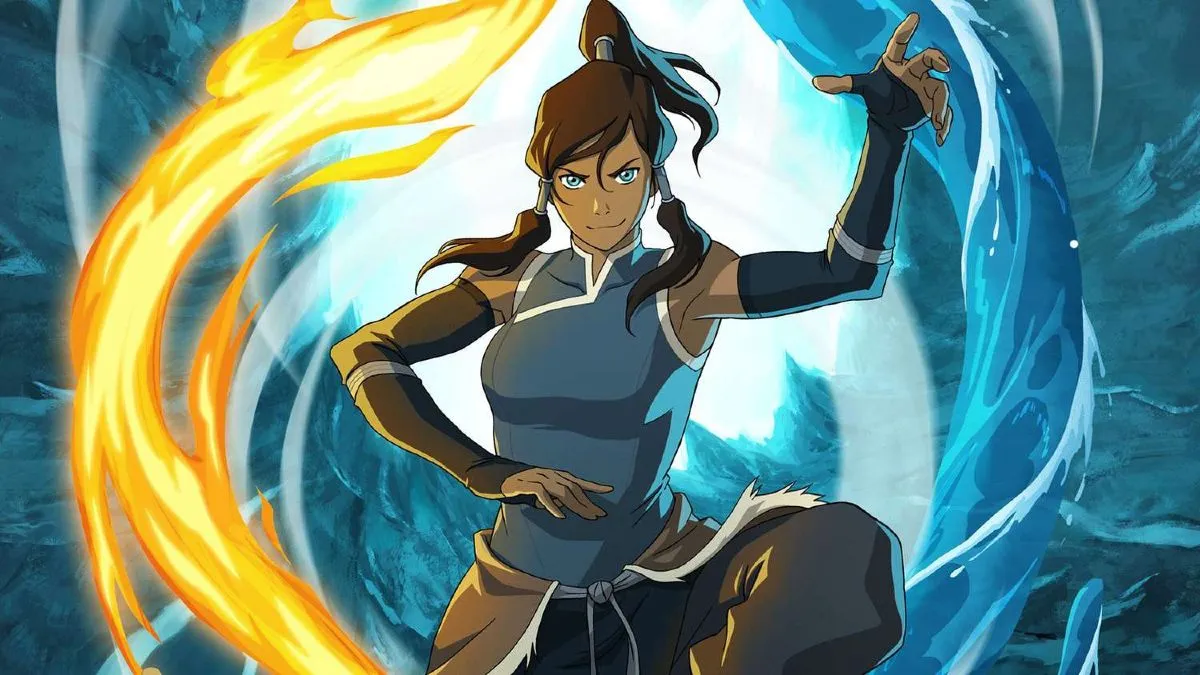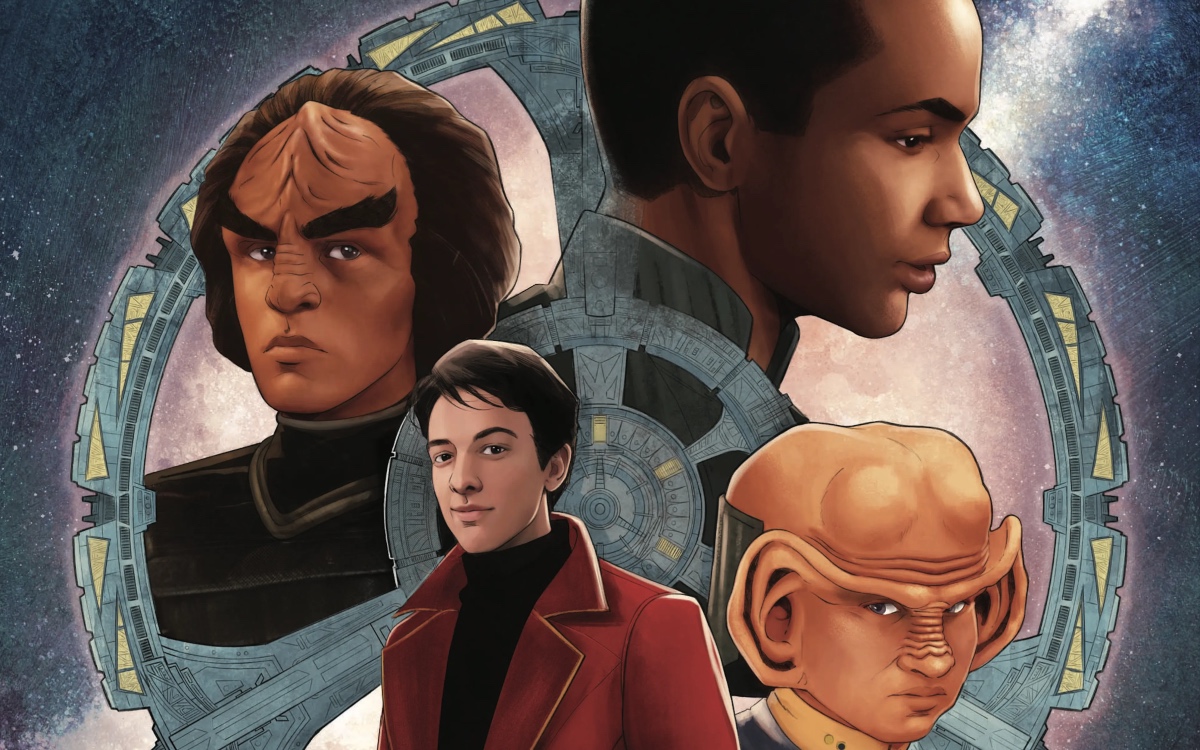
In 1987, Star Trek: The Next Generation debuted. Immediately noticeable to Trekkies and casual fans alike were the many updates to the franchise since the Star Trek: The Original Series finale aired in June 1969. Among the easiest to define was a linguistic update to the monologue that opens the theme song. While Captain James. T. Kirk actor William Shatner’s original version included the phrase “where no man has gone before,” Captain Picard actor Sir Patrick Stewart’s was updated to the more inclusive “where no one has gone before.” And, in 1991’s Star Trek VI: The Undiscovered Country, during Shatner’s conclusive voiceover, Kirk corrects himself from “no man” to “no one.”
At New York Comic Con in 2023, 40 years after TNG updated the chauvinistic language in its theme song, IDW Publishing announced the newest title in their Star Trek comic book line: a series called Sons of Star Trek. Regrettably, IDW’s latest title is merely one of the many foibles of its current Star Trek line—based on one of the most progressive and forward-looking genre franchises around—taking the Star Trek universe back to a sexist time long, long ago.
Where many men have gone before
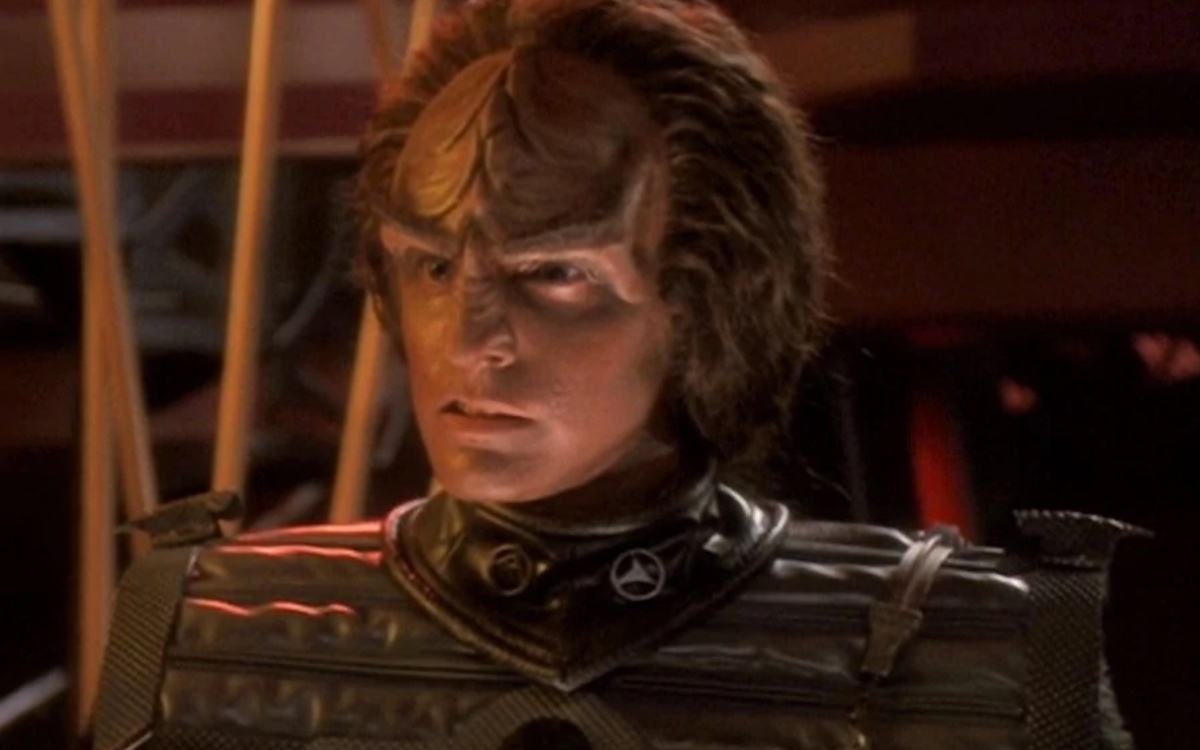
In a San Diego Comic-Con 2023 interview with Comics Beat, writer Jackson Lanzing shared his perspective on what the main Star Trek comic series and its spinoff, Star Trek: Defiant, are about, saying: “Both books are about fatherhood, and we wanted to make sure both books were about the sons, as well.” Defiant writer Christopher Cantwell interjected to add that “it’s about parenthood,” mentioning Tom Paris, B’Elanna, and their daughter. Cantwell also mentioned Tasha Yar and her daughter Sela before moving on to Data, Lore, and their father. But soon, the discussion returned to “daddy issues.”
However, even if Sons of Star Trek’s character roster also includes some non-male members of the next generation, the phallocentric language favored by the authors of the mainline series belay a decidedly masculine bent. Speaking about Kahless, a character who played a major role in this comic about Worf’s son Alexander Rozhenko, co-writer Colin Kelley said, “Much like many demagogues, that which motivates him is a deep fundamental insecurity because he didn’t get hugged enough by his father.”
Kelley, do grandparent hugs not count for anything? And since Alexander’s mother was also not more in the picture, why aren’t we also commenting on the fact that he wasn’t hugged by his mother, either?
Even when the conversation moves towards more gender-balanced language, the two men in charge of IDW’s main Star Trek title demonstrate an inability to move beyond the masculine and heteronormative sphere.
Boldly go into better representation
It isn’t just the language of IDW’s Star Trek comics that needs to be fixed. It’s frankly surprising that IDW didn’t think to hire a sensitivity reader who could have pointed out the unnecessarily gendered title Sons of Star Trek, especially since the publisher did manage to hire Cyborg writer Morgan Hampton and artist Angel Hernandez to create Black protagonist Jake Sisko (an improvement from the flagship title). When the overwhelming majority of the creators you have working on a line of books are male, they will inevitably make sexist blunders. The only solution is to bring in more creators in significant creative positions who aren’t men.
Having Marissa Louise as the colorist on the main Star Trek title shouldn’t be overlooked. The work done by a colorist represents a significant contribution to a completed comic. However, creators who aren’t men need to be allowed to hold the keys like Jackson, Kelley, and countless others who have worked on Star Trek comics before them. Don’t cry for these creators should their tenure on the series end; they are also writing multiple titles for the Big Two, where their male-fixated stories fit much better than in the Star Trek universe.
In fact, the instances when the recent IDW Star Trek line has attempted to involve women creators have yielded excellent results. The best Star Trek: Strange New Worlds comic, Star Trek: Strange New Worlds—The Illyrian Enigma, was co-written by Kirsten Beyer and illustrated by Megan Levans. And while only a single issue has hit the stands, Star Trek: Picard’s Academy, written by Sam Maggs and illustrated by Ornella Greco, is a Picard story that reads like a breath of fresh air.
And just to be clear, I’m not calling for a “no man” policy on IDW’s Star Trek line. First, that would be just as obvious a violation of the principle of Infinite Diversity in Infinite Combination as the current dude-centric creative lineup. And second, the Star Trek: Lower Decks comic by Ryan North and Chris Fenoglio was unimpeachable, save perhaps for the absence of an Erica Henderson variant cover (or, better yet, backup story).
Panel versus screen
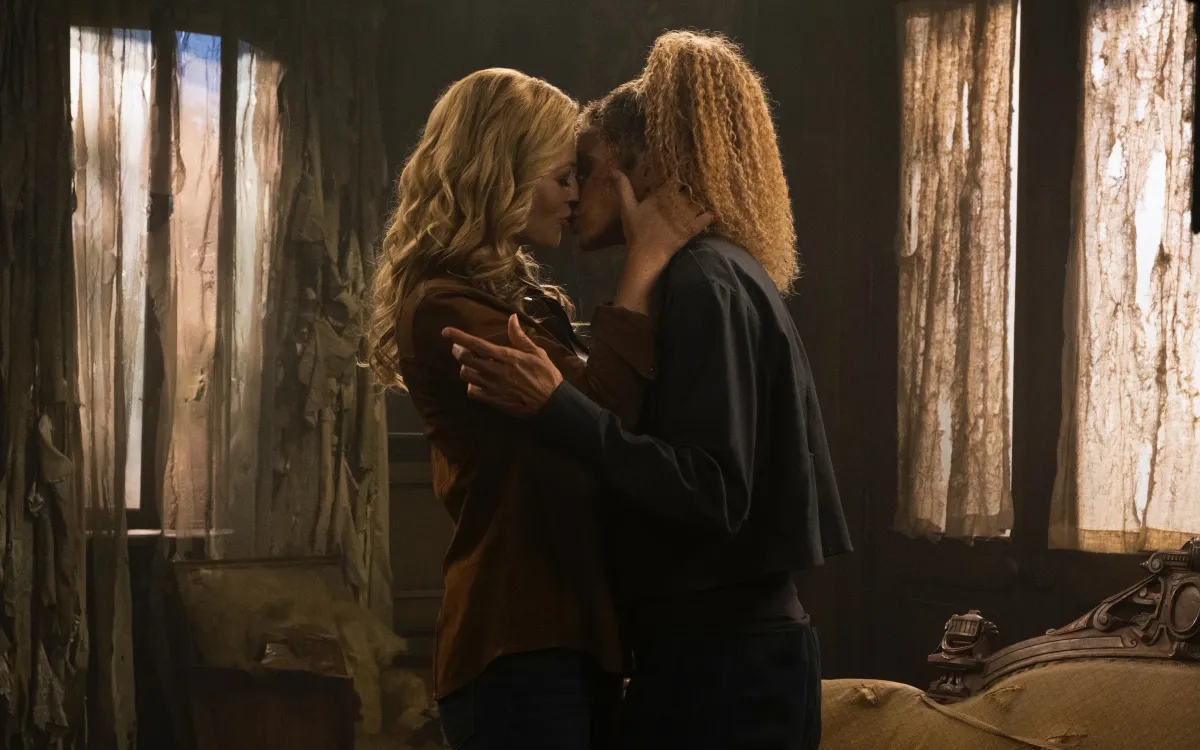
In many instances, comics are more diverse than Hollywood productions, both in terms of content and creators. While the Star Wars franchise struggles with queer representation on screen, the comics have introduced memorable queer characters like Doctor Aphra. More important than comics sales numbers, Aphra—who has only appeared on the page—has become beloved by the Star Wars fandom.
But when it comes to Star Trek, the difference in representation between the franchise’s onscreen and comic book stories is reversed. One example is Star Trek: Discovery’s showrunner, Michelle Paradise. And, speaking about why making Star Trek: Picard season 2 was so special for her during an appearance on The Talk, Jeri Ryan, who plays Seven of Nine, stated: “I gotta say this, though. Working with a female director, and just in general on this show, this has been the most amazing experience, because I’ve never worked with so many women behind the scenes.”
It should be noted that placing women in important creative positions is nothing new for Trek. For example, TOS alum D. C. Fontana served as story editor on Star Trek: The Animated Series and is largely credited with keeping that series on par with the Trek stories that had been told before.
The influence of including so many women on the crew, including in key creative positions like showrunner, can be felt throughout the onscreen corner of the Trek Franchise. So when can we expect the IDW comics to catch up?
Gene Roddenberry’s vision
This is not a call for the unnecessary disparagement of the current Trek comics. Instead, it is a call for editor Heather Antos to do better in recruiting a more diverse array of creators to produce Star Trek comics that are more in line with creator Gene Roddenberry’s vision of a future that includes the stories of more than just heteronormative white men. There is no shortage of non-male comics creators who have expressed their interest in Trek.
Surely, the sales figures for the mainline Trek title will be bandied about in defense of the points raised by this article. However, to suggest that this monetary standard is the one by which the quality of a Trek tale should be gauged is to misunderstand the anti-capitalistic messages at the heart of Star Trek. You do realize the Ferengi aren’t meant to be aspirational, right?
(featured image: IDW)



